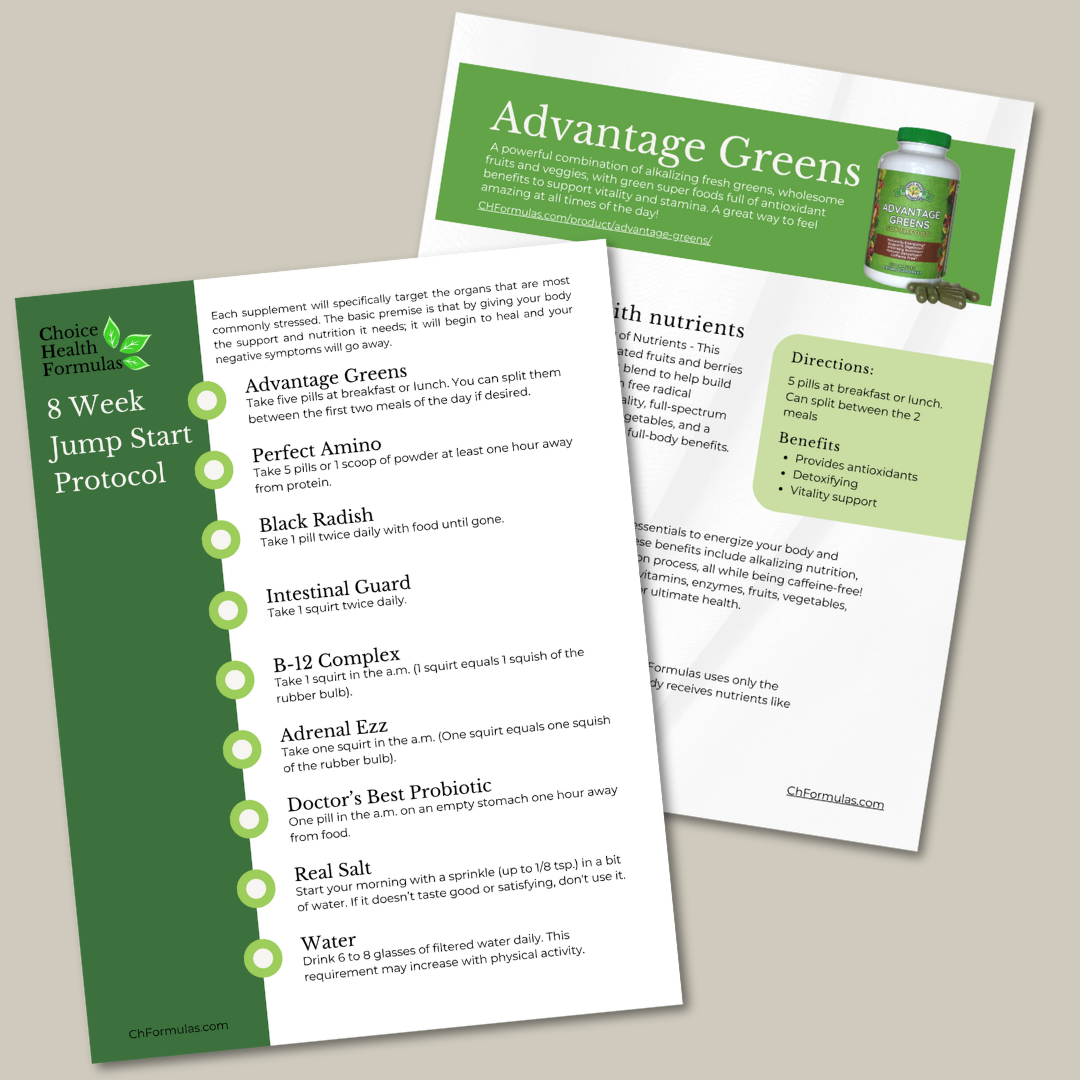Foods Help You Sleep: Eat These to Sleep Like a Baby Tonight
Can foods help you sleep? The answer is absolutely, positively, yes. Let’s explore how certain foods affect your sleep patterns and what foods help insomnia.
How Sugar Affects Sleep
Foods high in sugar can disrupt sleep. While sugar might initially make you feel energized, it’s followed by a rapid blood sugar drop. This can cause you to wake up in the middle of the night. Even if you don’t feel the initial sugar spike, you’ll likely experience its negative effects later. Avoid sugary foods, especially close to bedtime.
Caffeine and Sleep Disruption
Caffeine is another substance to avoid when seeking foods that help you go to sleep. It can stay in your system for hours and interfere with your ability to fall asleep. Limit caffeine intake to the morning or early afternoon to avoid sleepless nights.
B Vitamins and Their Impact on Sleep
Certain B vitamins, such as B12, B1, and B3, may keep you awake at night. These vitamins should be taken with breakfast or early lunch. Conversely, B6 may help you sleep. If you’re experiencing insomnia, check your supplements for B vitamins and adjust your intake accordingly.
Foods and Supplements to Avoid Before Bed
To promote restful sleep, avoid these before bedtime:
- Spicy Foods: They can cause discomfort and disrupt sleep.
- Green Superfood Blends: These energize the body and should be consumed only in the morning or early afternoon.
- Vitamin C: Known to stimulate the adrenal glands, it’s best taken early in the day.
Foods That Help You Sleep at Night
Now that we’ve covered what to avoid, let’s focus on foods that help you sleep at night. A warm chamomile or peppermint tea is an excellent choice. Warm milk is another classic option. These beverages can promote relaxation and prepare your body for sleep.
Proper Dinner Habits for Better Sleep
Eating a balanced dinner is essential for avoiding insomnia. Start with vegetables, add some protein, and finish with healthy carbs to maintain stable blood sugar levels. This strategy provides your body with the nutrients it needs to sustain restful sleep.
Protein Before Bed to Combat Insomnia
If you often wake up in the middle of the night, you might benefit from more protein at dinner. For some, a small snack like a scoop of cottage cheese before bed can help stabilize blood sugar levels, leading to more consistent sleep.
What’s Next?
We hope these tips on foods that help you go to sleep have been helpful. In our next video, we’ll discuss the differences in managing insomnia between children and adults, along with tips for snoring and allergy relief. See you then!
Want more about Insomnia? Check out all our posts on Insomnia here.

